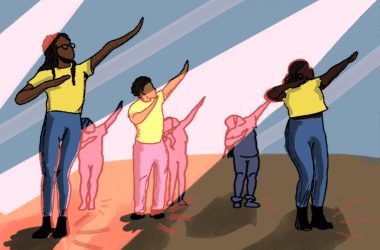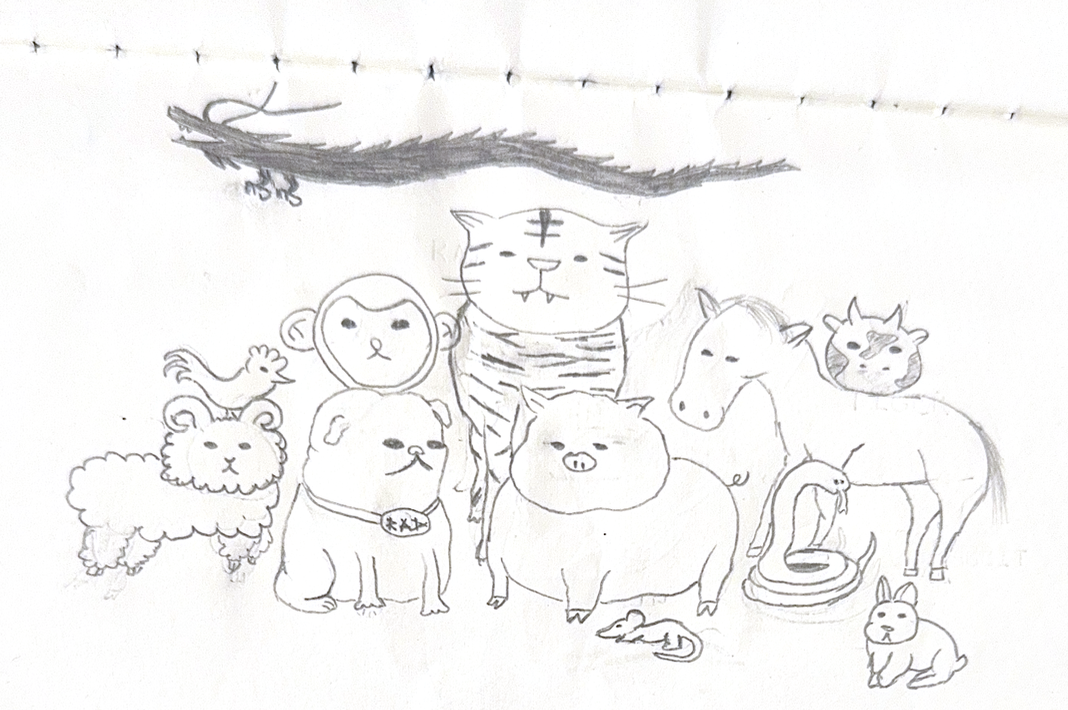Though crooked celebrities are in no short supply, controversy shook the Grammys last month when Chris Brown won Best R&B Album for his latest release, F.A.M.E. He may be a good R&B artist, but many were outraged—how could the music industry endorse someone who physically abused his girlfriend (in his case, Rihanna)? Regardless of his talent, isn’t an endorsement of his music also support for domestic violence?
These are important issues for judging and consuming music, but the questions at hand need to be analyzed. First, is awarding an artist for his output despite his questionable character necessarily a justification of his behaviour? Second, if the artist is indeed a bad person, does that make the music “bad”? Third, is the listener responsible, at least partially, for an artist’s bad actions if they consume his art? To put it succinctly: if I buy a scumbag’s music, am I a scumbag too?
The classic example of an artist with an abominable personality is Richard Wagner. The great opera composer was a narcissistic, shameless anti-Semite. Along with Tristan und Isolde and The Ring, he composed essays, such as Judaism in Music, in which he sought to isolate detestable traits in Jews and argue that they corrupt music and German culture. For me, it’s hard not to think about these things every time I listen to his music. Am I somehow supporting anti-Semitism when I listen to The Flying Dutchman? Some believe I am. It is for this reason, among others, that performances of Wagner are strictly prohibited in Israel.
However, it is crucial to note that even though a musician may be a terrible person, it does not necessarily follow that the art is terrible as well. For instance, Carlo Gesualdo’s masses aren’t questionable because he murdered his wife in the sixteenth century. I may dislike them for his relentless chromaticism and hackneyed word painting, but these have no direct connection to his murderous action (though it may perhaps be attributed indirectly to his insanity). It is entirely possible for a bad person to produce good art, and therefore aesthetic quality can be separate from morality.
But things get stickier when talking about contemporary musicians. Though perhaps Chris Brown’s music bears no reflection of his detestable private affairs, it’s conceivable that listeners are supporting them by consuming his music. In contrast, Gesualdo is long dead. The only people I’m supporting with my money are the various choirs that choose to perform his compositions.
To listen to Wagner is not necessarily to support Wagner. Some may argue that the symbolism of not performing Wagner is an important message against anti-Semitism in general, that, again, is different from his art and from the consequences of giving money to the performers. His descendents today certainly do not bear the same views that he maintained and, hopefully, neither do the performers.
But to support Chris Brown, or any questionable artist today, could still be an issue. It’s for this reason boycott and sanction movements exist on a number of issues around the world. The products themselves may not be intrinsically bad, but the act of supporting the producer may very well pose problems. In this way, I may be partially responsible for choosing to support a person engaged in abominable behaviour. If one truly believes Chris Brown is a scumbag, then it is not absurd for one to believe that necessary action against him may necessitate avoiding his music.
There is still one question left unanswered: was the music industry wrong in giving Chris Brown an award? Though it is consistent to believe that an artist is morally contemptible and therefore assert it immoral to support him or her, does this same logic apply to the Grammys? Not necessarily.
The Grammys do not serve to determine who is a good person and who is not; it rewards the production of good art, and art, as repeatedly stated, is not necessarily a moral production. The award does not serve to support domestic violence, both in intent and in consequences.
If Wagner was alive today, moral fibre and all, would he still be eligible for “Best Opera”? Absolutely. It would be up to us protest his views, not his work.
–Akiva Toren








